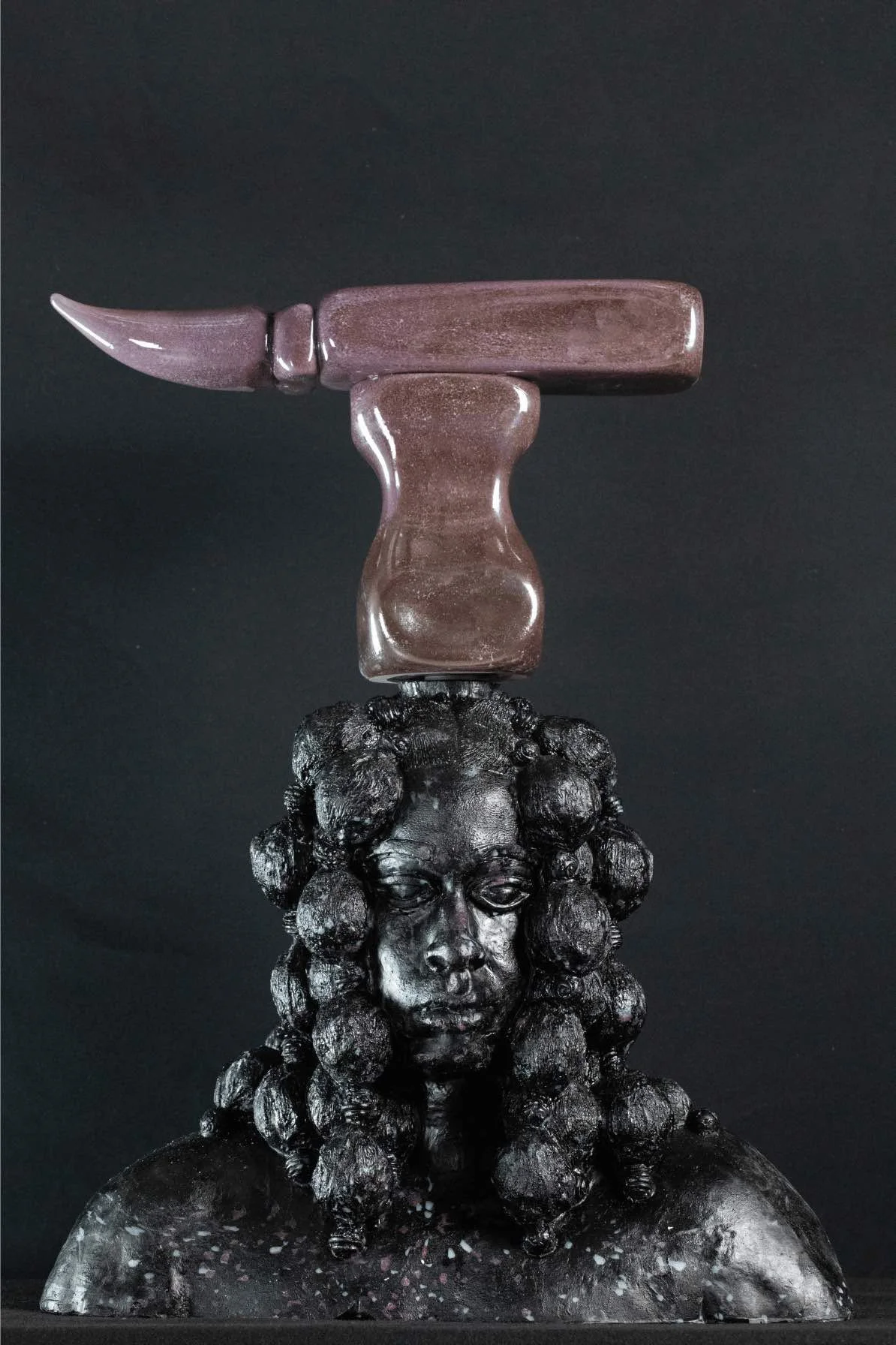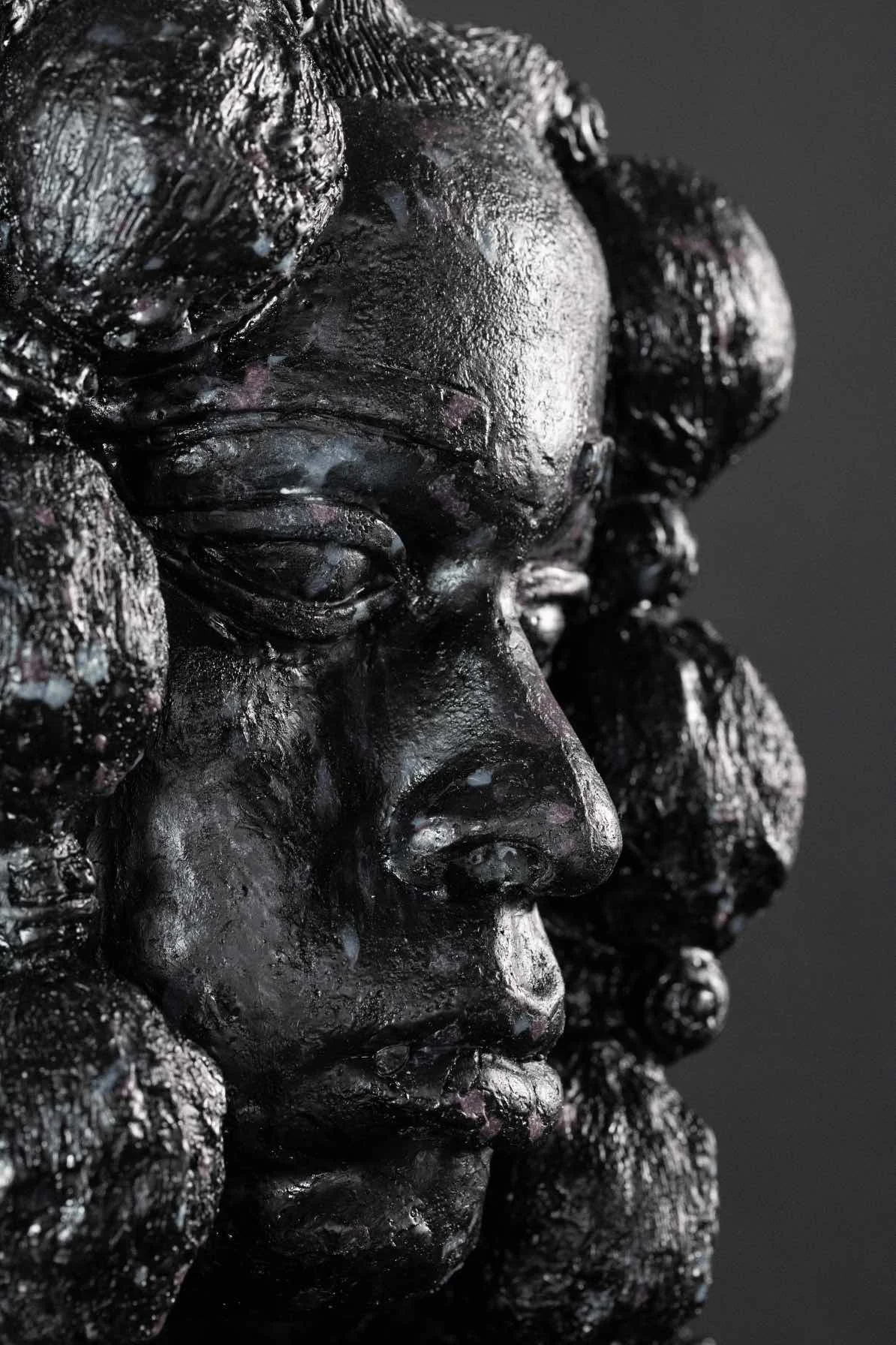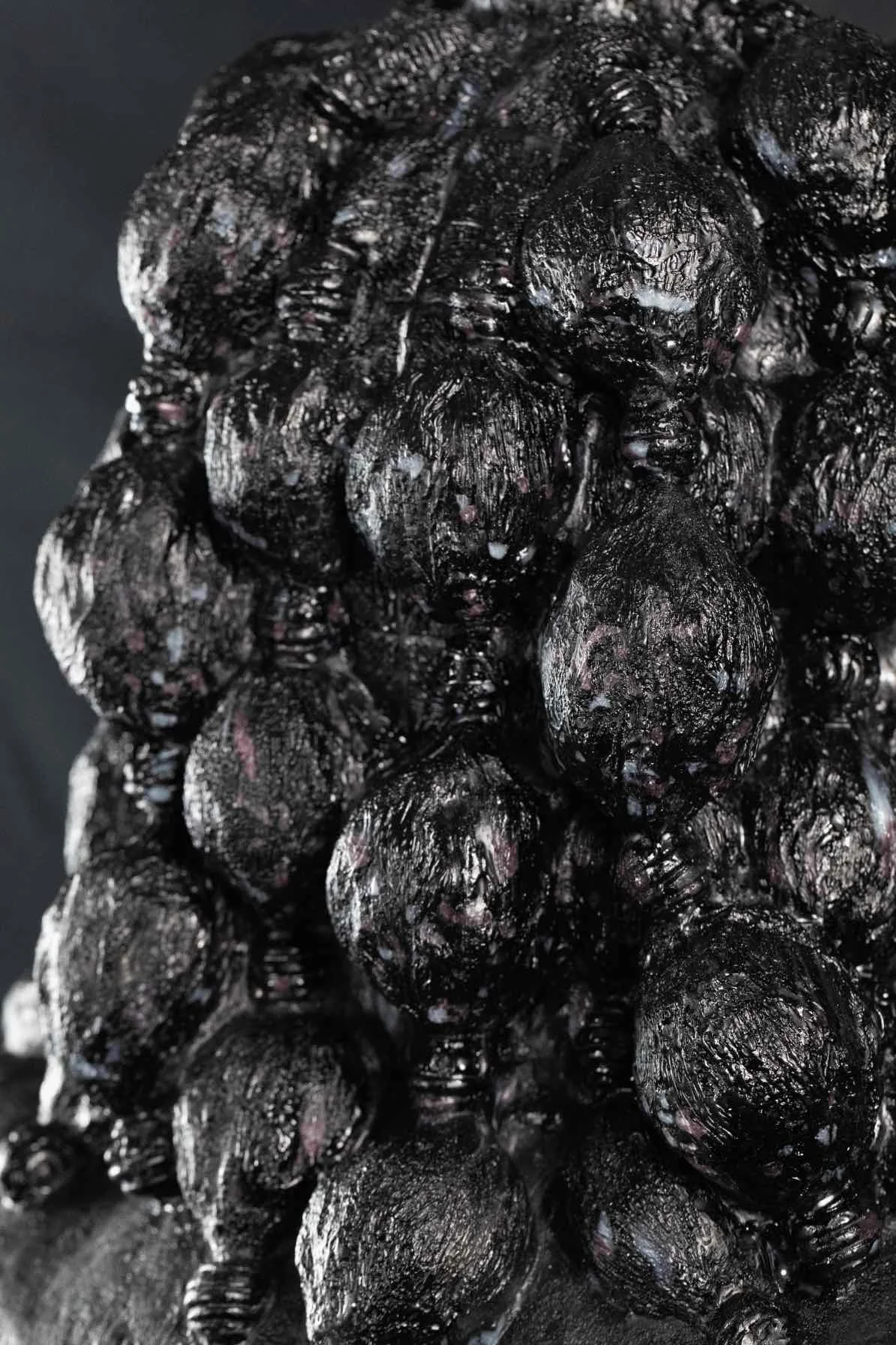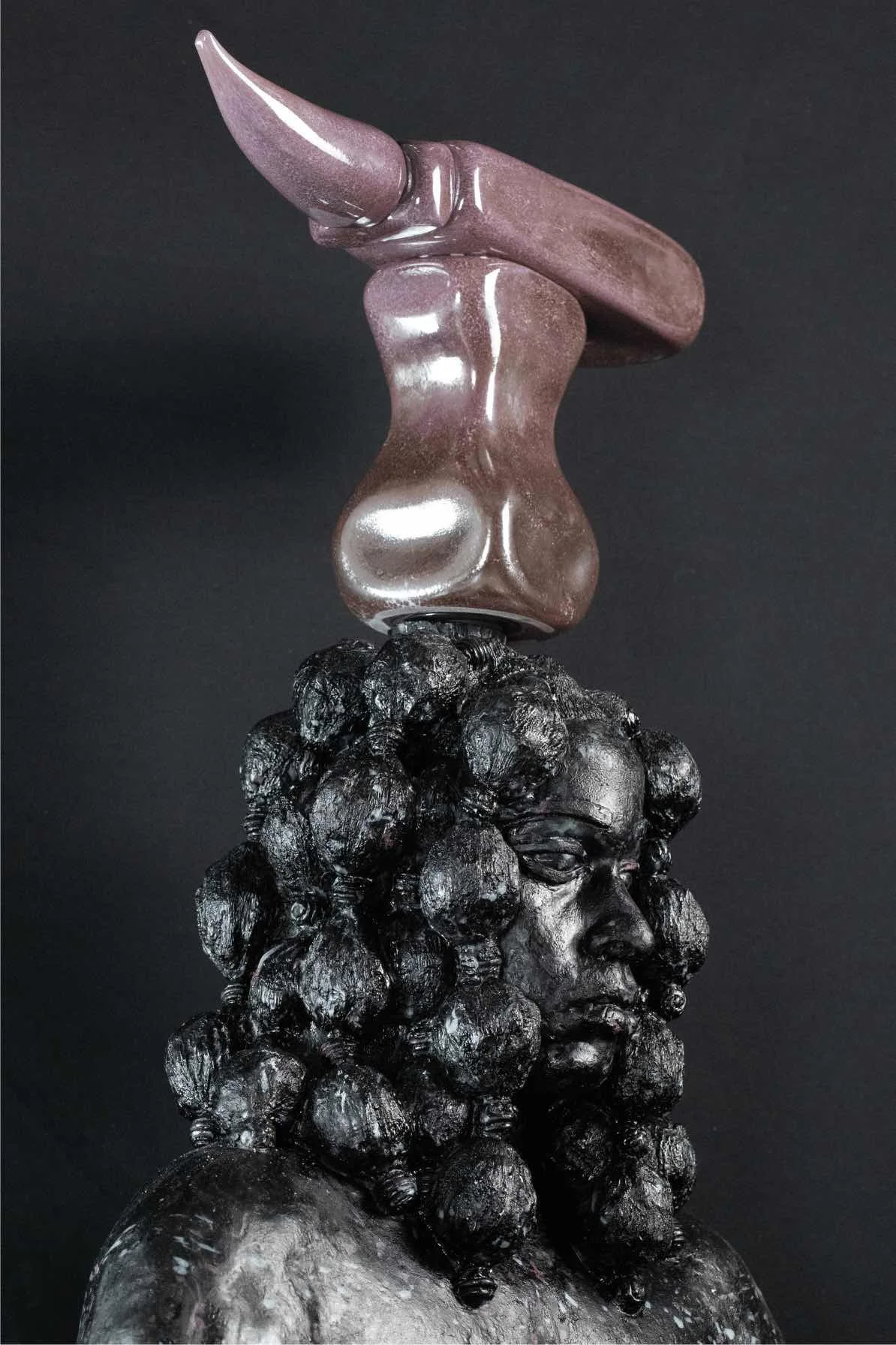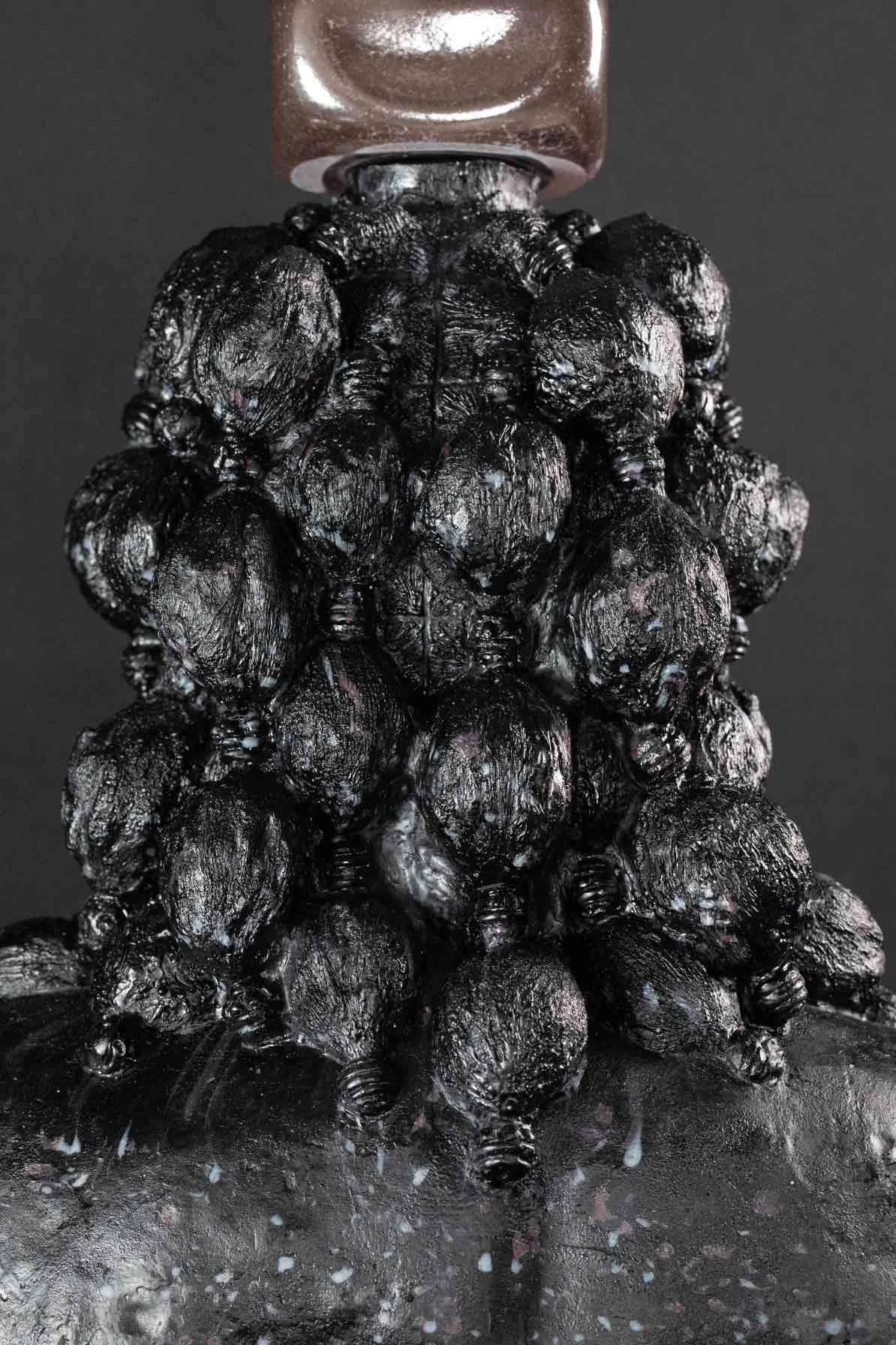
Ptah
Ptah is the architect of the gods, who embodies the geometric principles that dictate the formation and function of all things. He provides the ultimate blueprint of existence, from the microcosm to the macrocosm.
As Ptah’s role encompasses the underlying frameworks that uphold the universe, He is intrinsically connected to the ideas about form, infrastructure, and discipline. This portrayal emphasizes that all structures, whether physical, social, or spiritual, originate from a blueprint divinely crafted by Ptah. His domain underscores the necessity of strict discipline and meticulous planning in achieving divine order. As such, Ptah represents the embodiment of order and precision and advocates for a disciplined approach to life that aligns with cosmic laws. His influence is profound in shaping infrastructures that are not only functional but also inherently connected to the spiritual and ethical frameworks of society. Through Ptah, adherents are taught that true mastery of life involves a deep understanding and respect for the structures that govern existence, and they come to understand the importance of maintaining discipline in every endeavor to mirror the divine order.
Drawing the lines that people will follow based on their actions and choices, Ptah is also the master of fate and destiny. Ptah teaches that success and failure are not arbitrary but are outcomes of a divine blueprint manifesting in life according to adherence or deviation from this predetermined path. This perspective challenges individuals to align their actions with the highest ideals, thereby maximizing enlightenment and wholeness, regardless of the personal cost.
Further, Ptah underpins the roles and responsibilities each person holds within the societal fabric and as such emblematizes the concepts of social structure and social standing. As the inner achiever and hard worker who transcends emotional fluctuations to fulfill duties with dedication and honor, He represents maturity. Ptah’s influence also touches upon the importance of aligning one’s career with one’s talents. He encourages the creation of a social system where vocations are not just jobs but callings that fulfill both individual and communal needs, where work is a form of service to divine principles, and where personal fulfillment and spiritual alignment are prioritized over economic output.
Every object in existence has a structure and a cycle, and Ptah is the god of cycles. His dominion encompasses the cosmic laws that govern the stars and personal astrological charts, which intricately link celestial movements to individual and societal destinies. As the great astronomer-priest, Ptah’s mastery over the geometry of the stars and their cycles reveals the deep connections between cosmic patterns and human affairs. Ptah suggests that aligning our personal journeys with these celestial cycles can lead to a life of material success, spiritual fulfillment, and meaningful societal contribution. Ptah’s role in shaping these connections teaches us that life’s infinite possibilities are experienced within the finite constructs of time and space, with each cycle of life and death offering a new opportunity for renewal and advancement toward divine success.
Ptah is also connected to Black LGBTQ+ elders, who represent the culmination of life’s experiences. Ptah embodies the principles of aging not merely as a physical process but as a spiritual and intellectual journey towards enlightenment. In this context, the elderly are revered not only for their longevity but for their accumulated knowledge and their potential to guide younger generations through the complexities of life. Ptah, as the patron of these life stages, encourages society to view aging as a valuable phase, rich with opportunities for contributing wisdom and guiding societal progress. This reverence for the elderly underscores a broader societal acknowledgment of life as a sacred cycle of growth, decay, and renewal, all governed by Ptah’s divine architectural plan.
The anvil, the icon of Ptah, symbolizes his role as the god of craftsmen and the patron deity of creation. This tool, fundamental in shaping metal, embodies the transformative power Ptah holds over materials and metaphysical concepts alike. It signifies the process of creation—forging raw elements into refined objects—mirroring how Ptah molds the cosmos through divine will. The anvil represents endurance and strength, and it also emphasizes the deity’s connection to the physical and practical aspects of existence.
